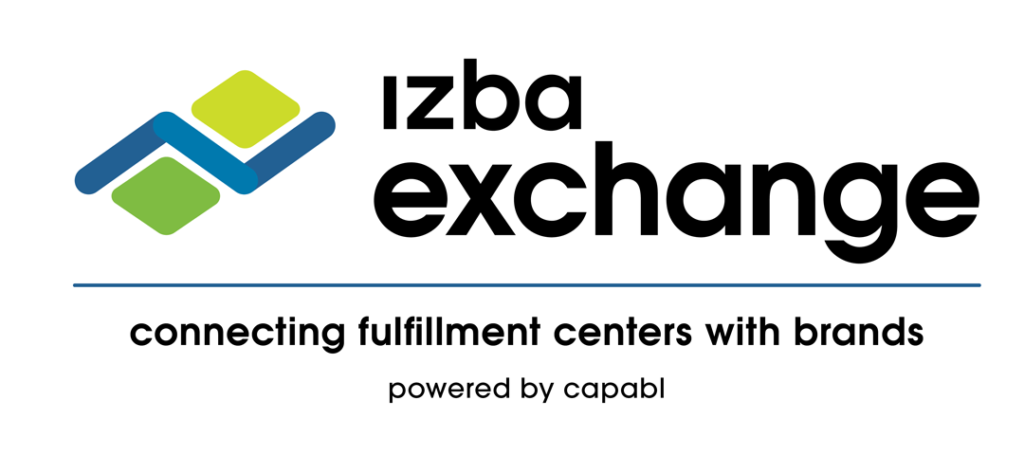Scaling a startup is an exciting yet challenging phase of business growth. While expanding operations, increasing sales, and improving efficiencies are key goals, many startups encounter obstacles that signal deeper structural issues. Recognizing these early warning signs can help founders take corrective action before problems escalate. Here are some key indicators that a startup is struggling to scale effectively.
1. Frequent Stockouts or Overstocking
Inventory mismanagement is a major red flag. If a brand is constantly running out of stock, it could be due to poor demand forecasting, cash flow constraints, or supply chain inefficiencies. On the flip side, excessive inventory ties up capital and increases holding costs, signaling a lack of accurate sales projections or inefficient procurement strategies.
2. Over-Reliance on Expensive Shipping Methods
Shipping goods via air freight occasionally to meet unexpected demand is understandable. However, if a brand frequently resorts to expensive shipping methods due to stock shortages, it indicates poor planning. This reactive approach erodes margins and suggests deeper inventory or supplier relationship issues that need addressing.
3. Lack of a Quality Control (QC) Process
When startups neglect QC before shipping, it often means they either lack time or haven’t developed a proper QC process with their factory. This increases the risk of defects reaching customers, leading to high return rates, reputational damage, and lost revenue. Building a structured QC process early on helps ensure product consistency and customer satisfaction.
4. Inefficient Kitting and Assembly
Brands that import individual components from overseas and kit them in the U.S. at high costs may be missing an opportunity to optimize their supply chain. Whenever possible, sourcing and kitting should be done in the country of origin—especially if the bulk of materials come from China. This reduces labor costs and streamlines fulfillment.
5. Reactive Problem Solving Instead of Proactive Planning
Startups that frequently operate in “firefighting mode” rather than proactively planning their operations face significant scalability challenges. Constantly reacting to crises rather than preventing them—whether through better forecasting, supply chain management, or strategic investments—indicates an unsustainable approach to growth.
6. Operational Bottlenecks
Bottlenecks in key areas—such as fulfillment, production, or customer support—can stifle growth. These may manifest as delayed order processing, backlogged customer inquiries, or production delays. Identifying and resolving these operational inefficiencies is critical to sustaining long-term growth.
7. Overwhelmed Team and High Employee Burnout
A team that is constantly stretched thin, working long hours, and struggling to keep up with demand is a warning sign of unsustainable growth. Startups must strike the right balance between hiring the right talent and automating processes to prevent employee burnout and maintain operational efficiency.
8. Poor Spending Decisions
Scaling requires strategic investments, but startups that misallocate resources—whether on excessive technology, unnecessary headcount, premature capital expenditures (CapEx), or inefficient inventory purchases—risk financial instability. Founders should ensure spending aligns with growth needs and ROI expectations.
9. Struggling to Transition from MOQ to Tiered Orders
Many startups begin by placing Minimum Order Quantity (MOQ) orders with suppliers. However, failing to transition to tiered orders as demand increases can limit scalability. Larger, structured orders typically provide better pricing and supply chain stability, ensuring smoother growth.
Taking Action Before It’s Too Late
Recognizing these warning signs early allows startups to implement corrective measures before problems spiral out of control. Prioritizing demand forecasting, strategic inventory management, streamlined operations, and proactive decision-making can set the foundation for sustainable scaling. By addressing these issues head-on, startups can position themselves for long-term success rather than short-term survival.
If your startup is experiencing any of these challenges, Izba can help optimize your operations and supply chain strategies to enable sustainable growth. Get in touch to learn more!




